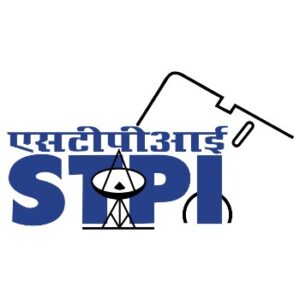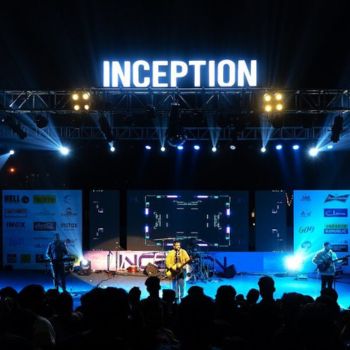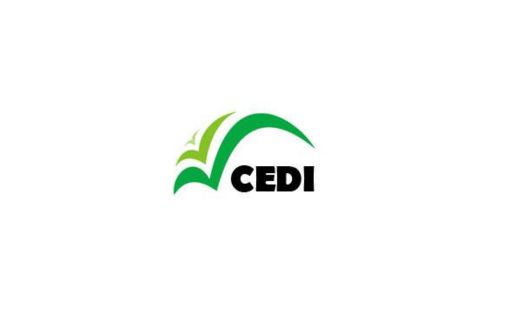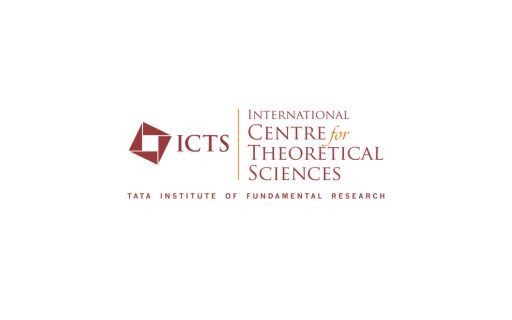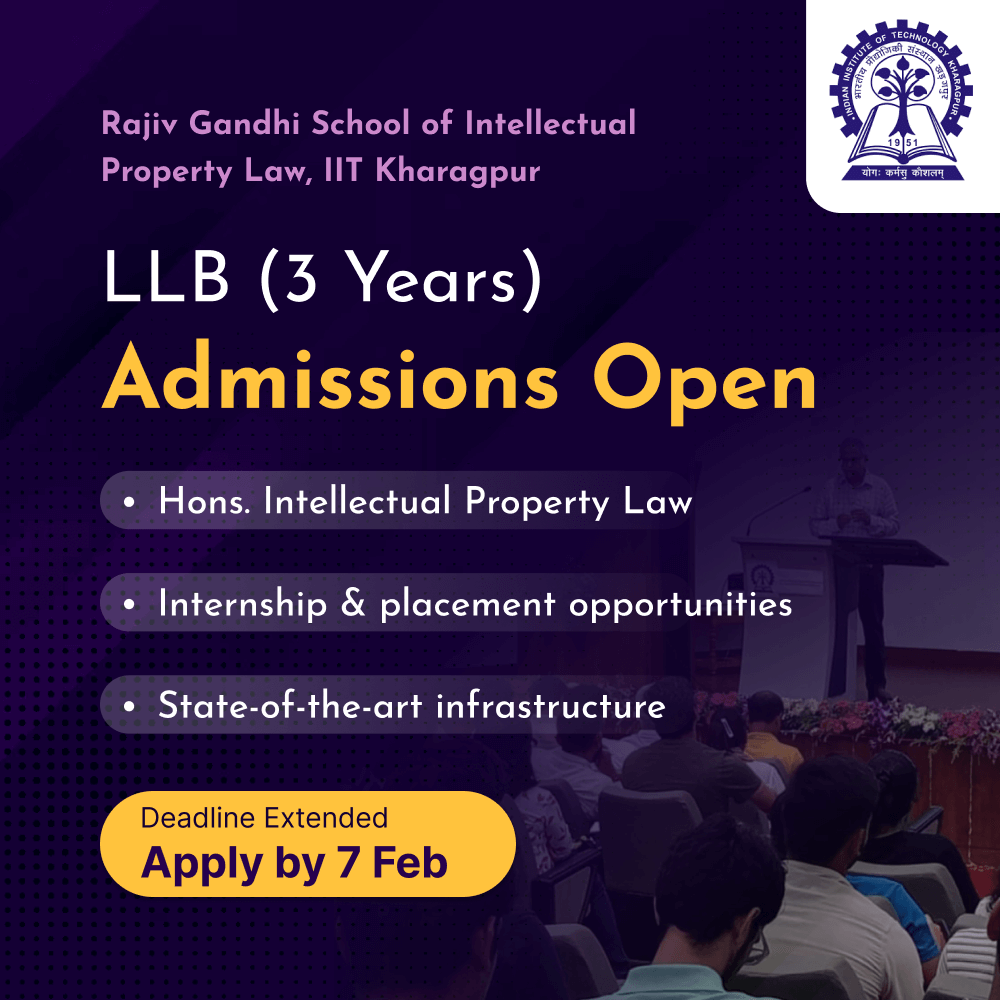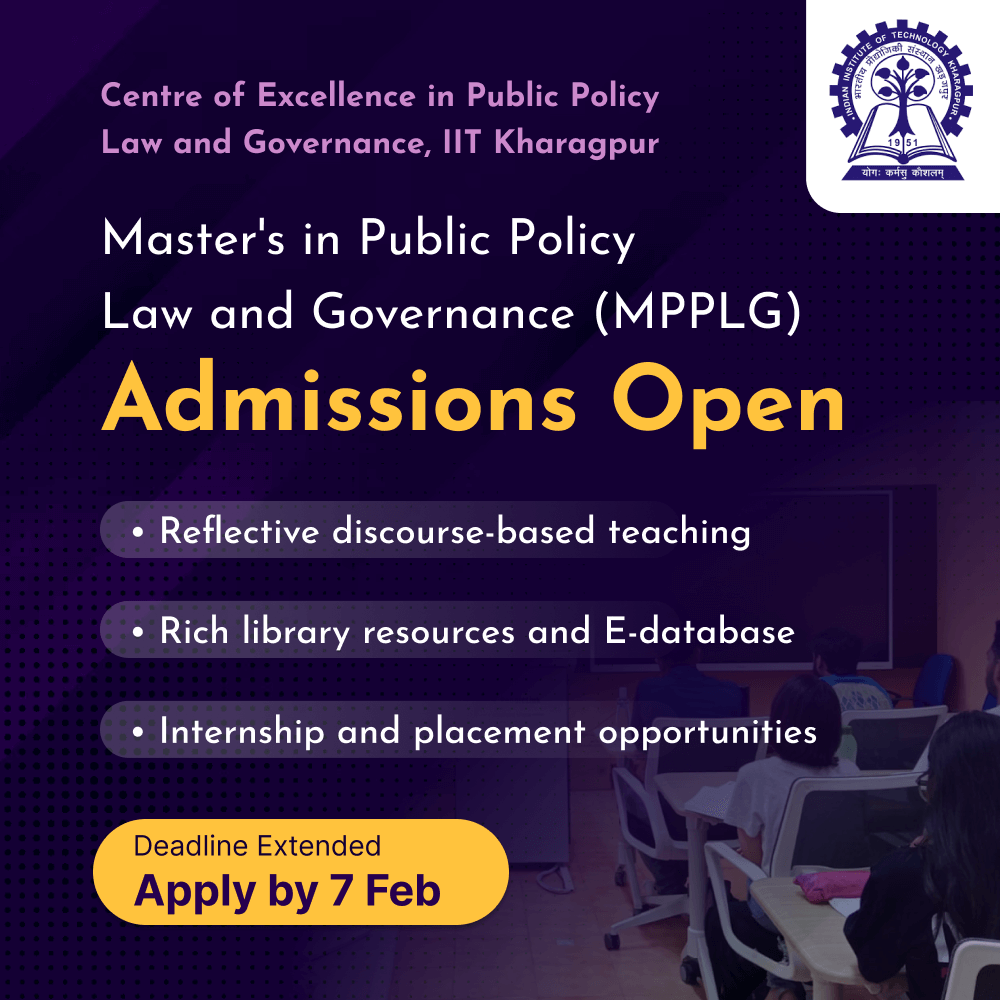Online applications are invited for the UNESCO/Guillermo Cano World Press Freedom Prize 2024. The last date for the submission is Feb 15, 2024.
About the World Press Freedom Prize
UNESCO established the World Press Freedom Prize in honour of Guillermo Cano, a Colombian journalist who died in the exercise of his profession. The purpose of the UNESCO/Guillermo Cano World Press Freedom Prize is to reward each year a person, organization or institution that has made a notable contribution to the defence and/or promotion of press freedom anywhere in the world, especially if risks have been involved. The objective of the. The prize conforms with UNESCO’s policies and is related to the program of the Organization in the field of communication and information and, more specifically, the priority given to promoting an enabling environment for freedom of expression and freedom of information.
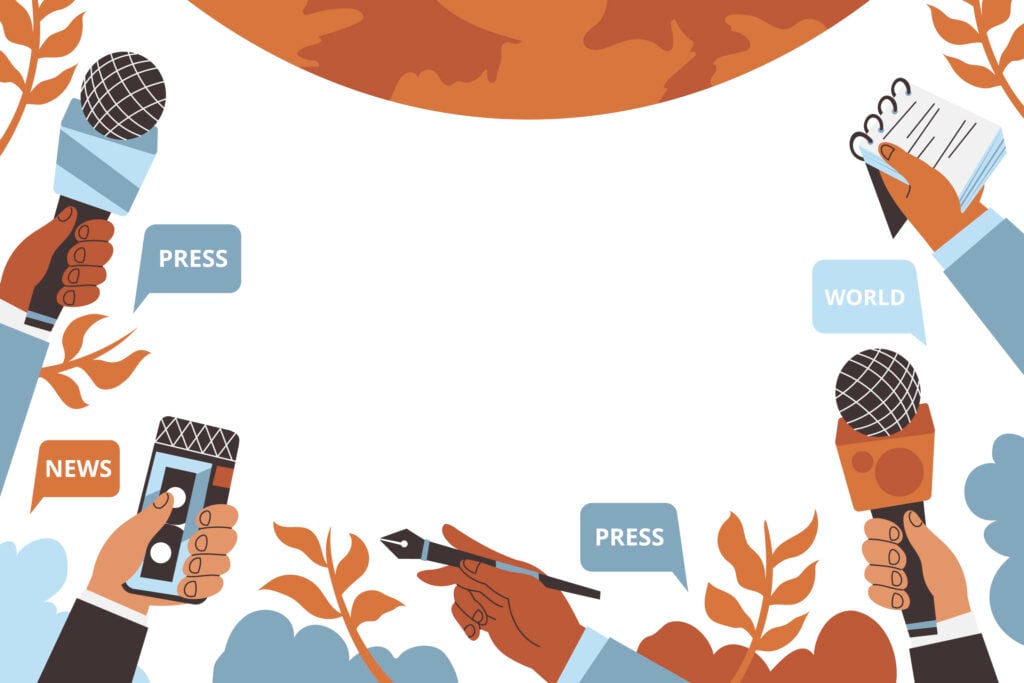
Designation, Amount and Periodicity of the Prize
- The Prize shall be entitled “UNESCO/Guillermo Cano World Press Freedom Prize”.
- The Prize shall be funded by voluntary contributions from States, international agencies and organizations, as well as other entities and shall consist of recurrent payments to be deposited in a special account opened for that purpose per the Financial Regulations of UNESCO. The value of the Prize shall be a minimum of INR 20 Lakhs/25,000 USD and determined by the Director-General in consultation with the donors based on the contributions received, the interest on the sum deposited in the special account under the Financial Regulations of UNESCO, and the charges to be borne by the account for the cost of administering the Prize.
- The prize also consists of a certificate and an object symbolizing the award granted to the prize winner.
- All funds received and the interest accrued thereon shall be kept in a special interest-bearing account for the Prize.
- The full staff support and operating/management costs of the Prize, including all costs relating to the award ceremony and public information activities, shall be fully covered by the Cano. Foundation and other donors. To this end, the Director-General shall determine a mandatory overhead cost amount to be applied and charged against the funds in the Special Account, which is to be established under the Financial Regulations for the Prize.
- The Prize shall be awarded yearly.
Qualifications
Candidates shall have made a significant contribution to press freedom anywhere in the world representing all types of media including digital media. Prizes may be conferred upon individuals, institutions, other entities or non-governmental organizations.
Designation/Selection of the Prize winner(s)
The prize winner shall be selected by the Director-General of UNESCO based on the assessments and recommendations made to him/her by a jury.
Nominations of Candidates
- When UNESCO has received the funding for the Prize, as indicated in Article 2 above, the Director General of UNESCO shall officially invite the submission of nominations to the Secretariat of the Prize, by 15 February, from the governments of Member States, in consultation with their National Commissions, as well as from international and regional professional and non-governmental organizations active in the fields of journalism and freedom of expression. The Jury shall vote, by electronic means, around 15 March and shall notify the Director-General of its choice.
- Nominations shall be submitted to the Director-General by the governments of Member States, in consultation with their National Commissions, and by international and regional professional and non-governmental organizations active in the field of journalism and freedom of expression. A self-nomination cannot be considered.
- Each nomination shall be accompanied by a written recommendation, which shall include, in
- English or French, inter alia:
- a description of the candidate’s background and achievements;
- the candidate’s contributions of major importance to the promotion of freedom of the press, submitted to the Jury for consideration;
- a definition of the candidate’s contribution to the Prize’s objectives;
- a high-resolution photo portrait of the candidate.
Procedure for the awarding of the Prize
- The Prize shall be awarded by the Director-General at an official ceremony held for that purpose on 3 May, on the occasion of World Press Freedom Day.
- UNESCO shall present to the prize winner a check for the amount of the Prize, together with a diploma and an object symbolizing the award. UNESCO shall officially announce the name(s) of the prize winner.
- The prize winner, shall, if possible, give a lecture on a subject relevant to the work for which the Prize has been awarded. Such a lecture shall be organized during or in connection with the prize ceremony.
- Work produced by a person since deceased shall not be considered for the Prize. If, however, a prize winner dies before he or she has received the Prize, then the Prize may be presented posthumously.
- Should a prize winner decline the Prize; the Jury shall submit a new proposal to the Director General.
How to Submit?
The material concerning the candidate should be sent before 15 February 2024 to:
- Secretariat of the UNESCO/Guillermo Cano World Press
- Freedom Prize Freedom of Expression and Safety of Journalists Section UNESCO
- 7, Place de Fontenoy
- 75352 Paris Cedex 07, France 07, France
- Email: unesco-cano-prize[at]unesco[dot]org
Deadline
The last date for the submission is Feb 15, 2024.
Contact Details
Ms Madhu Bala Soni, Under Secretary to the Government of India
Ministry of Education Department of Higher Education
Room No. 203-A ‘C’ Wing
Dr Rajendra Prasad Road, Shastri Bhavan, New Delhi -110001
Contact No.: +91-11-2338 4442
E-mail: inc.edu[at]nic.in



